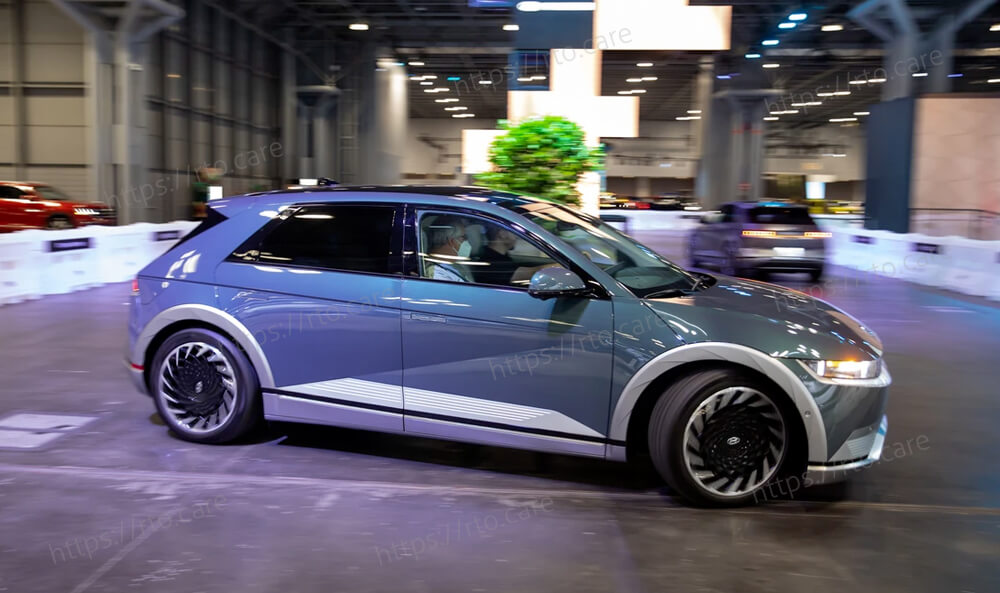The rules and regulations governing electric vehicles in India have always been murky. Constant change is difficult to keep track of. The Indian government has done a good job of making all of the guidelines people-friendly and promoting electric vehicles over traditional vehicles. In this section, we'll go over some ground rules for owning and operating electric vehicles.
Requirements for Car Registration :
Address Proof (any one of the following)- Voter ID
- Aadhar Card
- Water Bill
- Bank statement
- Telephone Bill
- LIC policy
- Passport
- Aadhar Card
- PAN Card
- Driving Licence
- Voter ID
In addition to the requirements listed above, all-electric vehicles must be approved by the Automotive Research Association of India (ARAI).
Is a driver's licence necessary for EVs?
Yes, a driver's licence is required to operate any type of motor vehicle. Electric vehicles are no exception. It is illegal to drive your vehicle on public roads without it. However, if your EV is a two-wheeler with a top speed of up to 25 km/h and a power output of up to 250 watts, you do not need a driver's licence to operate it. These vehicles are preferred by students, teenagers, retirees, and others because they do not require registration.
Is a number plate needed for EVs?
According to the regulations associated with the Central Motor Vehicle Rules, 1989, all registered vehicles after April 1st, 2019 must have a HSRP (High-Security Registration Plate). Only government offices are permitted to provide this registration, which allows them to maintain a comprehensive database of all vehicles and prevents theft.
- The number plate on private ICE vehicles is white with black letters on a white background.
- A number plate with a yellow background and black letters is used on commercial ICE vehicles.
- Rental ICE vehicles have a black background with yellow lettering on the licence plate.
- Private EVs have a green background and white letters on their licence plate.
- Commercial EVs have a green background with yellow letters on their licence plate.
Electric Vehicle Registration Fee in India
The Ministry of Road Transport and Highways (MoRTH) recently exempted electric vehicles from paying fees for a registration certificate. This recent development comes as major good news for all EV owners, as they will not have to pay anything for insurance or the renewal of their electric vehicles. These changes to registration fees are expected to promote more electric vehicles in India. The government also excluded electric vehicle owners from paying road taxes. This will definitely help electric vehicle owners save money. Studies show that owning an electric vehicle can reduce your vehicle expenditure by a lot.










